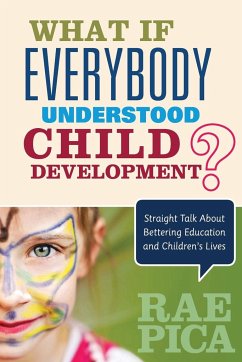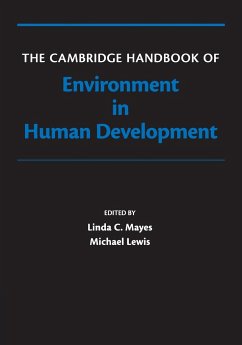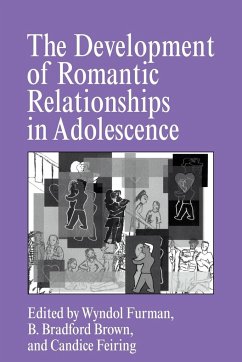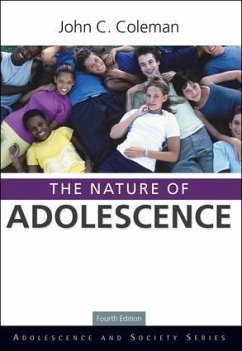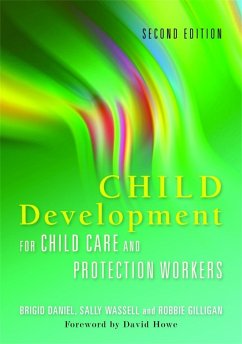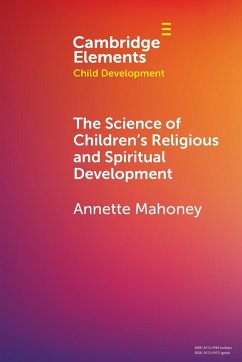
Encyclopedia of Language Development
Versandkostenfrei!
Versandfertig in 2-4 Wochen

PAYBACK Punkte
129 °P sammeln!




The Encyclopedia of Language Development covers the breadth of theory and research on language development, and their practical application, from birth through adulthood.
Dieser Artikel kann nur an eine deutsche Lieferadresse ausgeliefert werden.
Patricia J. Brooks is professor of psychology at the College of Staten Island, City University of New York (CUNY), where she directs the Language Learning Laboratory. She serves as the deputy executive officer of the CUNY PhD Program in Psychology (Area: Pedagogy) and faculty advisor to the Graduate Student Teaching Association of the American Psychological Association. Her research interests span two broad areas: (a) individual differences in language learning and development and (b) development of effective pedagogy to support diverse learners. Vera Kempe completed her undergraduate degree in psychology at Moscow State University and her Ph.D. at Humboldt University Berlin (Ger-many), where she studied sentence processing under the supervision of Friedhart Klix. She then worked as a post-doctoral research fellow with Brian MacWhinney at Carnegie Mellon Univer-sity and with Stephen Christman at the University of Toledo (Ohio). During this period, she became interested in the cross-linguistic study of first and second language learning, and used experimental and computational methods to study how distri-butional characteristics of morphosyntax affect learning and processing in different languages. Kempe subsequently held faculty positions at the State University of New York, Oswego, and at Stirling University in Scotland. Currently, she holds the position of Chair of Psychology of Language Learning at Abertay University, where she lectures in developmental psychology, lan-guage development, and individual differences. Her research examines how characteristics of the language input, especially those found in child directed speech, interact with individual differ-ences in the learner's cognitive abilities to shape the process of language learning in children and adults. Her interests also include the interaction of emotion and communication, acquisition and representation of dialects, as well as evolutionary perspectives on language acquisition and use. Together, Kempe and Brooks developed a methodology that harnesses the strict control of lan-guage input found in artificial language learning studies to examine the simultaneous acquisition of phonology, morphosyntax, and vocabulary of natural languages in the laboratory. Kempe has authored or coauthored over 50 scientific papers and book chapters including the textbook Language Development, coauthored with Patricia J. Brooks.
Produktdetails
- Verlag: SAGE Publications Inc
- Seitenzahl: 786
- Erscheinungstermin: 23. April 2014
- Englisch
- Abmessung: 286mm x 221mm x 46mm
- Gewicht: 2368g
- ISBN-13: 9781452258768
- ISBN-10: 1452258767
- Artikelnr.: 40403749
Herstellerkennzeichnung
Libri GmbH
Europaallee 1
36244 Bad Hersfeld
gpsr@libri.de
Für dieses Produkt wurde noch keine Bewertung abgegeben. Wir würden uns sehr freuen, wenn du die erste Bewertung schreibst!
Eine Bewertung schreiben
Eine Bewertung schreiben
Andere Kunden interessierten sich für






